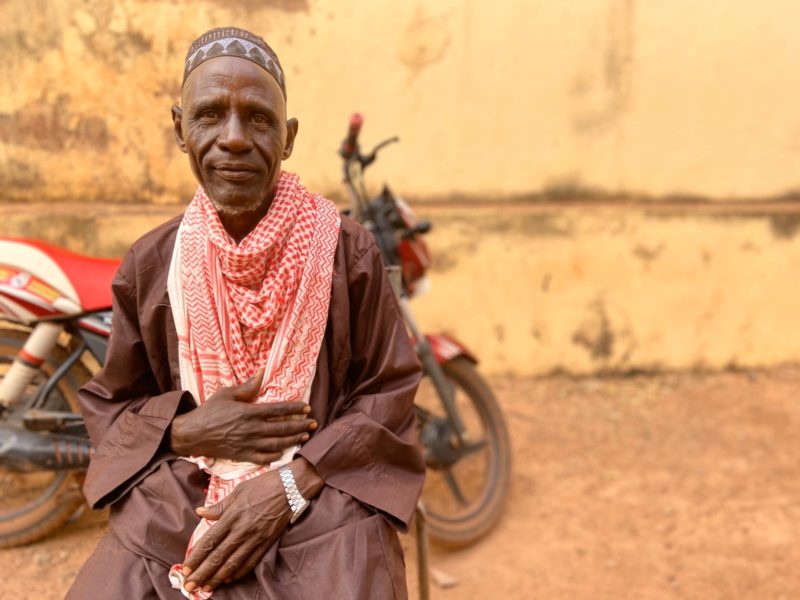
Subscribe to CCP's monthly newsletter
Receive the latest news and updates, tools, events and job postings in your inbox every month

The World Health Organization’s goal is to end HIV by 2030.
CCP’s mission is to help get there, working in Africa to prevent transmission, encourage testing and support those living with HIV to start and stay on life-saving treatment.
How do we do this? By using communication to reduce HIV-related stigma, to link people with health care and to find new cases by connecting people with mobile testing, self-testing and index testing, a practice that encourages the testing of partners and family members of an infected person.
And while it is key for people to know their status, it’s not our only focus. Our mobilizers connect one-on-one with men and boys to generate demand for voluntary medical male circumcision, a proven approach for reducing HIV transmission. Adolescent girls meet in small groups to learn about how to reduce their risks. Case managers make home visits and have helped tens of thousands of orphans and other vulnerable children who have HIV or who live with someone who does to get the care and support they need.
All of these approaches are bringing us ever closer to ending HIV by 2030.
Since 2003, USAID has been supporting the government of Côte d’Ivoire through the President’s Emergency Plan for AIDS Relief (PEPFAR) to achieve three goals: 95 percent of the people who are living with HIV know their HIV status, 95 percent of the people who know that they are living with HIV are on antiretroviral treatment, and 95 percent of people who are on treatment are virally suppressed. Those goals have still not been reached, meaning many people are suffering in silence, not getting life-saving treatment and potentially continuing to spread the virus.
In Côte d’Ivoire, the CCP-led Breakthrough ACTION project has trained peer navigators who implement community-level HIV activities, including identifying people potentially at risk of HIV and providing the counseling, testing and treatment they need. In 2023, under this project, 643 Ivorians living with HIV were identified and 613 enrolled in antiretroviral therapy. Many of their partners, if HIV-negative, have also been started on Pre-exposure Prophylaxis, or PrEP, a daily medication regime meant to prevent HIV infection. Knowing your status is key to reducing the spread of HIV.
Receive the latest news and updates, tools, events and job postings in your inbox every month